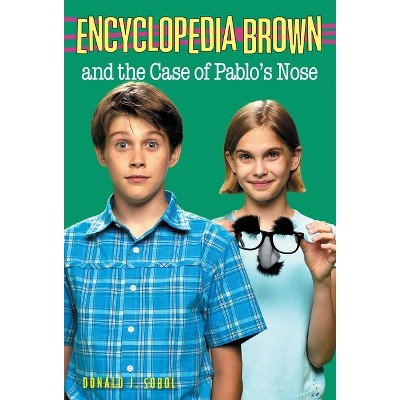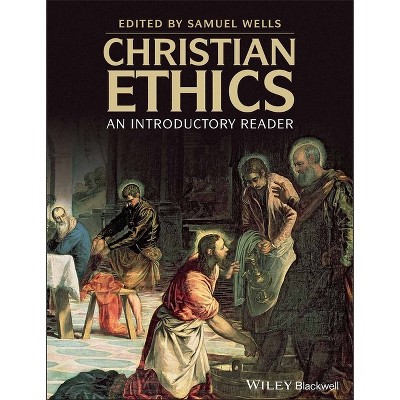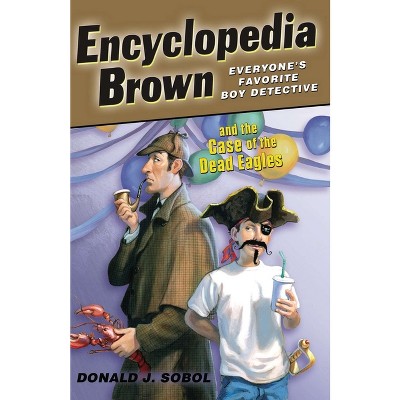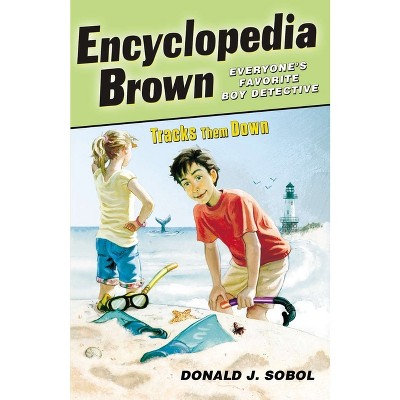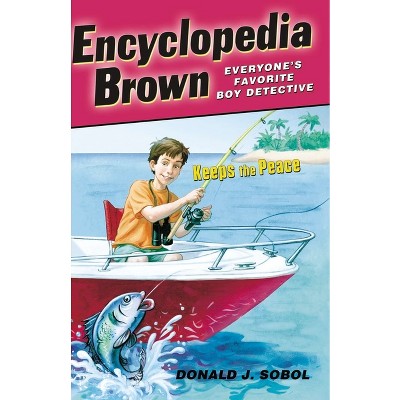Sponsored

An Encyclopedia of War and Ethics - by Donald Wells (Hardcover)
In Stock
Sponsored
About this item
Highlights
- This is the first encyclopedia that critically surveys the ethics of warmaking from a variety of perspectives.
- About the Author: DONALD A. WELLS is Emeritus Professor of Philosophy, University of Hawaii, Hilo, and Adjunct Professor at Southern Oregon State College.
- 552 Pages
- Political Science, General
Description
About the Book
This is the first encyclopedia that critically surveys the ethics of warmaking from a variety of perspectives. Noted experts raise basic questions about what is just in war, describe the views of historic and contemporary thinkers on ethical matters, survey practices at different periods, and discuss key issues. The over 250 entries arranged in alphabetical order cover efforts to curb the havoc of war from medieval to modern times, from accidental war to Zagreb Resolution, different religious perspectives, genocide, UN peacekeeping, and much more. Sources for further reading accompany the entries, and internal cross-references and an index make this major reference easily accessible for students and teachers in military, peace, and world affairs studies.
This is the first encyclopedia that critically surveys the ethics of warmaking from a variety of perspectives. Historically, efforts to curb the havoc of war have confronted three military maxims: military necessity, the right of reprisal, and the obligation of soldiers to obey superior orders. The medieval efforts of just war theorists to protect the innocent, avoid needless havoc, and prohibit excessive weapons rarely affected military practice. Modern congresses have pointed out the inconsistency in concerns about war crimes or crimes against humanity and the weapons and strategies of modern war. The pressures of the military/industrial complex, the profits to be gained by war production, and the demands of sovereign nationalism contradict such alternative concerns as those raised by the United Nations and the International Red Cross.
Noted experts raise basic questions about what is just in war, describe the views of historic and contemporary thinkers on ethical matters, survey practices at different periods, and discuss key issues. The over 250 entries arranged in alphabetical order cover efforts to curb the havoc of war from medieval to modern times, from accidental war to Zagreb Resolution, different religious perspectives, genocide, UN peacekeeping, and much more. Sources for further reading accompany the entries, and internal cross-references and an index make this major reference easily accessible to students and teachers in military, peace, and world affairs studies.
Book Synopsis
This is the first encyclopedia that critically surveys the ethics of warmaking from a variety of perspectives. Noted experts raise basic questions about what is just in war, describe the views of historic and contemporary thinkers on ethical matters, survey practices at different periods, and discuss key issues. The over 250 entries arranged in alphabetical order cover efforts to curb the havoc of war from medieval to modern times, from accidental war to Zagreb Resolution, different religious perspectives, genocide, UN peacekeeping, and much more. Sources for further reading accompany the entries, and internal cross-references and an index make this major reference easily accessible for students and teachers in military, peace, and world affairs studies.
This is the first encyclopedia that critically surveys the ethics of warmaking from a variety of perspectives. Historically, efforts to curb the havoc of war have confronted three military maxims: military necessity, the right of reprisal, and the obligation of soldiers to obey superior orders. The medieval efforts of just war theorists to protect the innocent, avoid needless havoc, and prohibit excessive weapons rarely affected military practice. Modern congresses have pointed out the inconsistency in concerns about war crimes or crimes against humanity and the weapons and strategies of modern war. The pressures of the military/industrial complex, the profits to be gained by war production, and the demands of sovereign nationalism contradict such alternative concerns as those raised by the United Nations and the International Red Cross. Noted experts raise basic questions about what is just in war, describe the views of historic and contemporary thinkers on ethical matters, survey practices at different periods, and discuss key issues. The over 250 entries arranged in alphabetical order cover efforts to curb the havoc of war from medieval to modern times, from accidental war to Zagreb Resolution, different religious perspectives, genocide, UN peacekeeping, and much more. Sources for further reading accompany the entries, and internal cross-references and an index make this major reference easily accessible to students and teachers in military, peace, and world affairs studies.Review Quotes
?In this source, 45 contributors offer concise definitions, summaries, and overviews of hundreds of names and terms in the literature of ethics and warfare.?-Choice
?The editor and forty-four other contributors, including many leadings experts, offer nearly three hundred entries in the huge overlap of two large subjects. The essays are clearly written, rich with information, and augmented with brief bibliographical recommendations for further reading.?-Naval War College Review
?Wells has recruited 45 philospohers, political scientists, legal and military experts, and other shcolars for this collection of nearly 250 signed articles....we are unaware of any encyclopedias covering the same ground as this new one....Articles are clearly written, with a minimum of jargon, and are heavy on historical context....Recommended for academic and large public libraries, ?-Booklist/Reference Books Bulletin
"In this source, 45 contributors offer concise definitions, summaries, and overviews of hundreds of names and terms in the literature of ethics and warfare."-Choice
"The editor and forty-four other contributors, including many leadings experts, offer nearly three hundred entries in the huge overlap of two large subjects. The essays are clearly written, rich with information, and augmented with brief bibliographical recommendations for further reading."-Naval War College Review
"Wells has recruited 45 philospohers, political scientists, legal and military experts, and other shcolars for this collection of nearly 250 signed articles....we are unaware of any encyclopedias covering the same ground as this new one....Articles are clearly written, with a minimum of jargon, and are heavy on historical context....Recommended for academic and large public libraries,"-Booklist/Reference Books Bulletin
About the Author
DONALD A. WELLS is Emeritus Professor of Philosophy, University of Hawaii, Hilo, and Adjunct Professor at Southern Oregon State College./e His books include: The Laws of Land Warfare: A Guide to the U.S. Army Manuals (Greenwood Press, 1992), War Crimes and Laws of War (1991), and The War Myth (1967).Shipping details
Return details
Trending Non-Fiction






